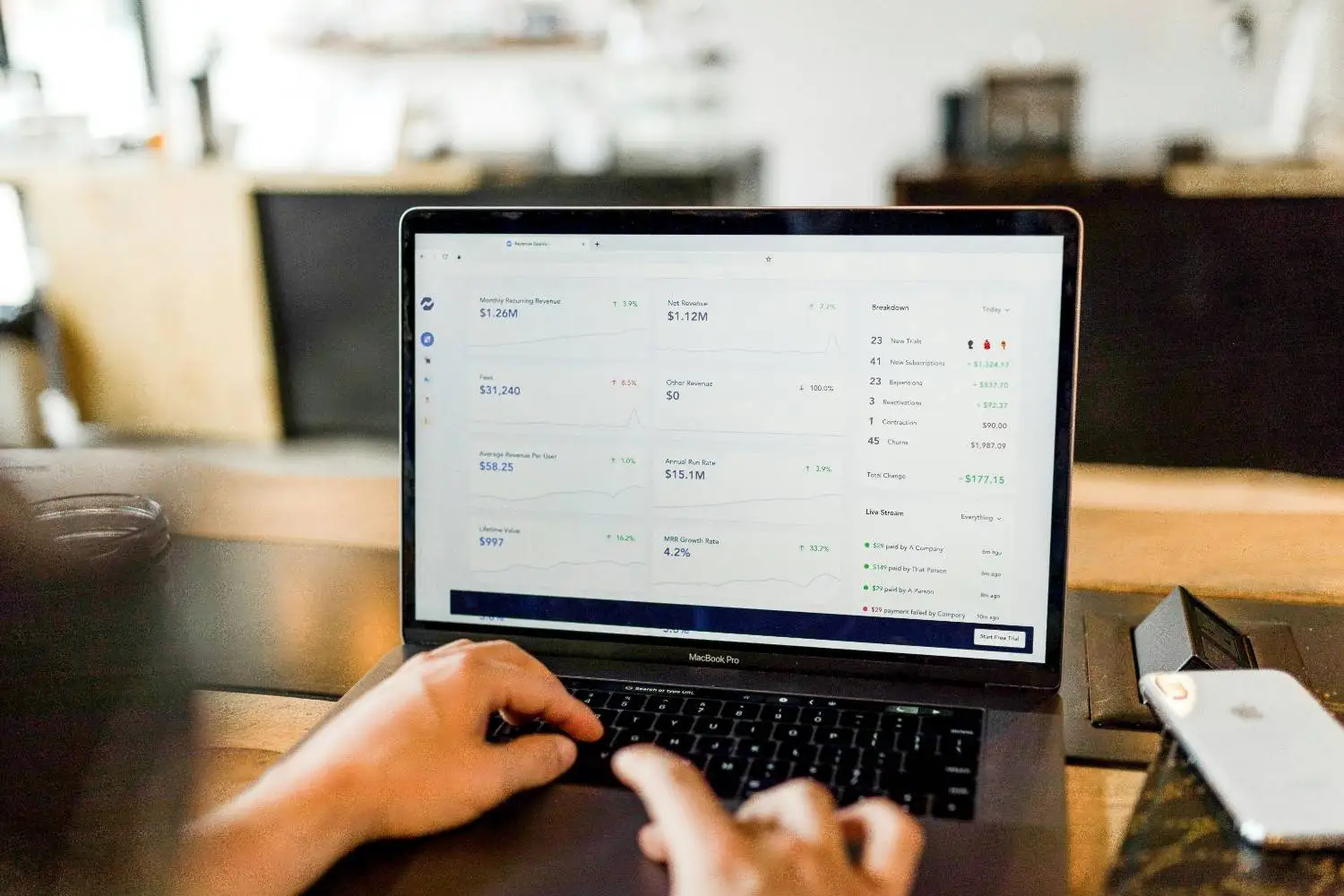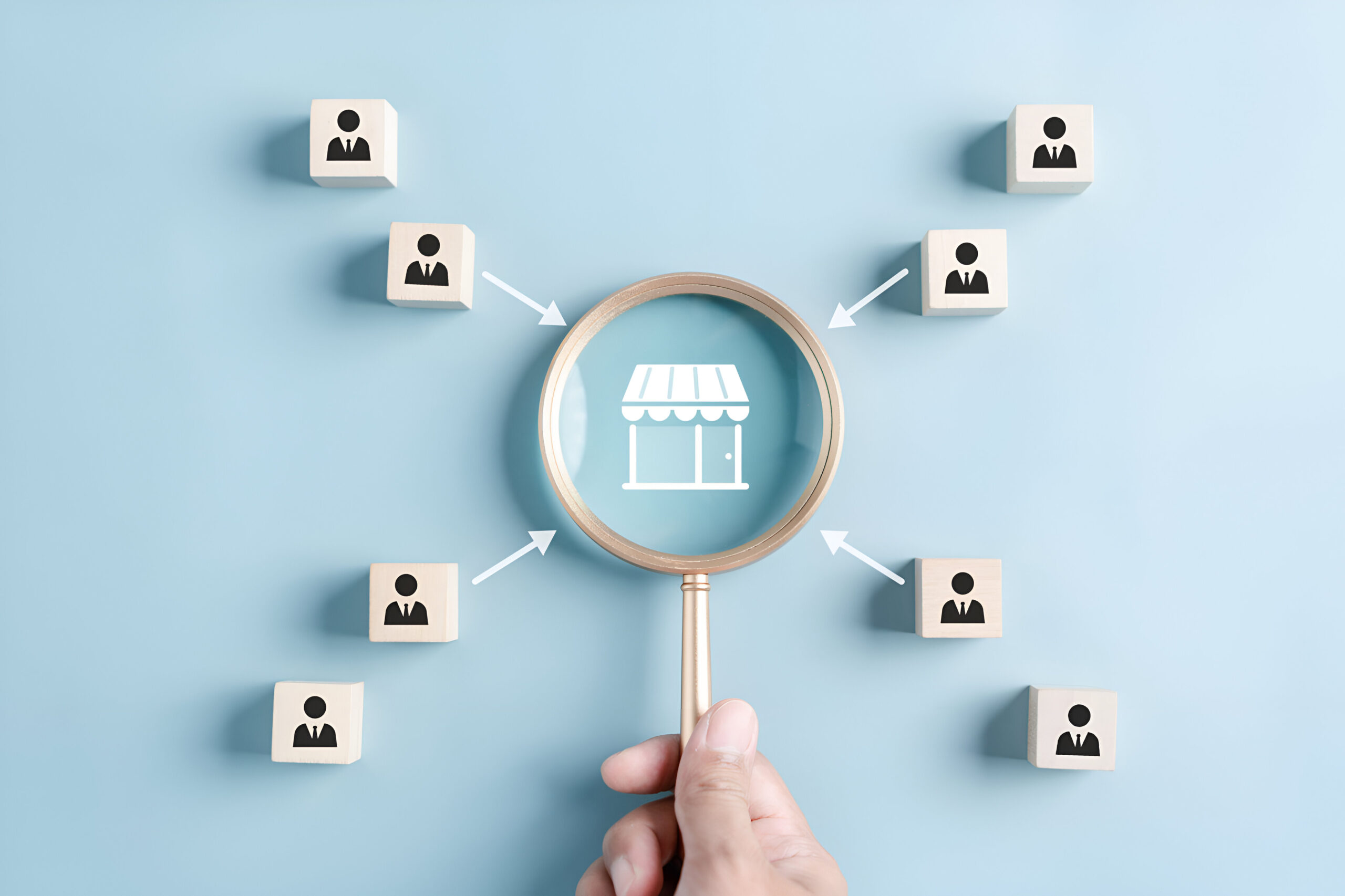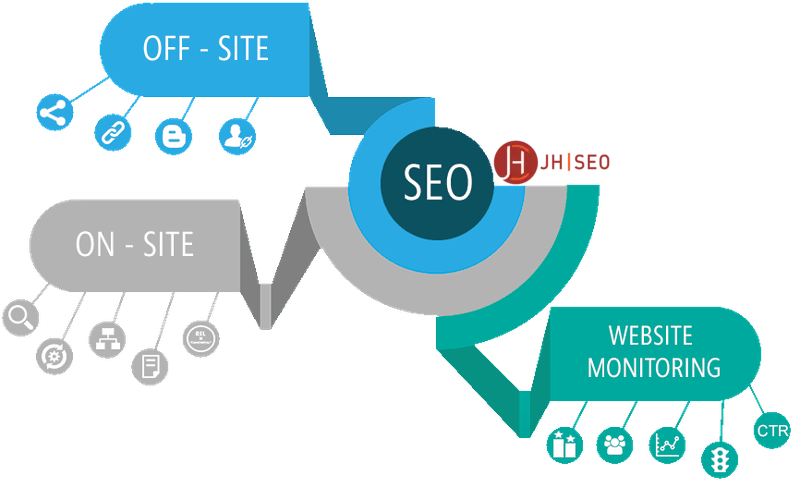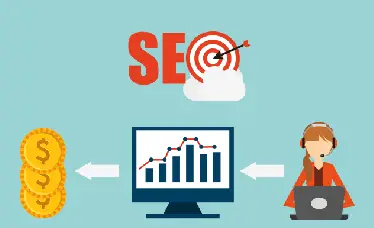Search Engine Optimization (SEO) is a vital strategy for businesses aiming to improve their online visibility and attract potential customers. SEO involves optimizing your website to rank higher on search engine results pages (SERPs), which can lead to increased traffic and greater brand exposure. For businesses, especially small ones, SEO isn’t just about reaching a broad audience—it’s about connecting with local customers actively seeking services or products in their vicinity.
Local SEO is a specialized aspect of SEO designed to enhance your business’s presence in local search results. For small businesses, local SEO is particularly important because it helps you stand out in searches specific to your geographic area, making it easier for nearby customers to find you. Whether you run a local restaurant, a boutique shop, or offer specialized services, local SEO ensures that your business is visible to those searching for what you offer nearby. Let’s delve into what local SEO entails, its significance for small businesses, and practical steps to harness its power for attracting more local customers.
Learn more and maximize your small business’s visibility today!
Understanding Local SEO
Local SEO (Search Engine Optimization) is a branch of SEO focused on improving a business’s visibility in local search results. It helps businesses attract customers who are searching for products or services in their immediate area. This involves optimizing various aspects of your online presence to appear prominently in local search queries, such as “near me” searches or location-specific queries.
Differences Between General SEO and Local SEO
While general SEO aims to enhance your website’s visibility on a global or national scale, local SEO targets users within a specific geographic area. General SEO focuses on keywords that drive traffic from a broader audience, whereas local SEO incorporates location-based keywords and strategies to attract nearby customers. For small businesses, local SEO is crucial because it ensures that you are visible to potential customers in your area who are looking for local services or products.
How Local SEO Impacts Local Search Results
Local SEO improves your chances of appearing in the “Local Pack” or “Map Pack” on search engine results pages (SERPs), where Google displays a list of businesses relevant to the user’s location. This enhanced visibility can lead to increased foot traffic, phone calls, and website visits from local customers. By optimizing your local SEO, you ensure that your business stands out when potential customers search for local solutions.
Key Components of Local SEO
Google My Business (GMB)
Setting Up and Verifying Your GMB Profile
Google My Business (GMB) is a free tool that helps businesses manage their online presence on Google. Setting up and verifying your Google Business profile is the first step in an effective local SEO campaign. Ensure that your business information is accurate and complete, including your address, phone number, and business hours.
Optimizing Your GMB Listing with Accurate Business Information
Once your GMB profile is set up, optimize it by adding detailed business information, such as a description of your services, categories, and a link to your website. Include high-quality images and keep your information up to date to enhance the appeal of your business listing.
Leveraging GMB Features Like Posts, Q&A, and Photos
Take advantage of GMB features to engage with customers and improve your visibility. Regularly post updates, special offers, and events to keep your audience informed. Use the Q&A feature to address common questions and add photos to showcase your products, services, and premises.
Local Keywords
Importance of Incorporating Local Keywords into Your Content
Local keywords are search terms that include specific geographic locations, such as “plumber in Boston” or “best pizza near me.” Incorporating these keywords into your content helps search engines understand the relevance of your business to local searches.
Tools and Techniques for Finding and Using Local Keywords
Use keyword research tools like Google Keyword Planner, SEMrush, and Ahrefs to identify relevant local keywords. Analyze search volume, competition, and user intent to choose the most effective keywords for your content. Integrate these keywords naturally into your website’s text, titles, and meta descriptions.
Local Citations
Definition and Importance of Local Citations
Local citations are mentions of your business’s name, address, and phone number (NAP) on other websites. These citations help search engines verify the legitimacy of your local business and improve local search rankings. Consistent and accurate citations are crucial for local SEO.
How to Ensure Consistency in NAP
Ensure that your NAP information is consistent across all online platforms, including your website, social media profiles, and local directories. Inconsistent information can confuse search engines and potential customers, negatively impacting your local search performance.
Finding and Managing Local Citation Sources
List your business in reputable local directories and citation sites, such as Yelp, Yellow Pages, and local Chamber of Commerce websites. Regularly check and update your citations to ensure accuracy and manage any discrepancies.
Online Reviews and Reputation Management
Importance of Customer Reviews for Local SEO
Customer reviews play a significant role in local SEO and influence search engine rankings. Positive reviews enhance your business’s credibility and attractiveness to potential customers. Encourage satisfied customers to leave reviews on your GMB profile and other review platforms.
Strategies for Encouraging Positive Reviews
Implement strategies to encourage positive reviews, such as following up with customers after a purchase or service, providing excellent customer service, and making it easy for customers to leave feedback. Consider offering incentives or rewards for reviews to boost engagement.
Responding to Reviews and Managing Your Online Reputation
Respond to both positive and negative reviews professionally and promptly. Address any concerns or complaints with empathy and offer solutions. Managing your online reputation proactively helps build trust and maintain a positive image.
Ready to enhance your small business’s local presence? Explore Local SEO with us now!
On-Page Optimization for Local SEO
Optimizing Website Content
Using Local Keywords Effectively
Integrate local keywords into your website content, including headings, body text, and meta descriptions. This helps search engines associate your website with specific geographic locations and improves your chances of ranking in local search results.
Creating Location-Specific Landing Pages
Develop landing pages tailored to the different locations you serve, if applicable. These pages should include local keywords, relevant content, and information specific to each location to improve your relevance for local searches.
Technical SEO for Local Sites
Ensuring Mobile-Friendliness and Fast Loading Times
Ensure that your website is mobile-friendly and loads quickly. A responsive design and fast loading times improve user experience and search engine rankings, particularly for local searches where users often access sites on mobile devices.
Implementing Structured Data and Schema Markup for Local Businesses
Use structured data and schema markup to provide search engines with detailed information about your business, such as location, business hours, and services. This helps search engines understand your business better and enhances your visibility in local search results.
Local Link Building
Importance of Local Backlinks
Local backlinks are links from other websites that point to your site and come from local or geographically relevant sources. These backlinks are important for local SEO because they signal to search engines that your business is a credible and authoritative player in the local community. High-quality local backlinks can enhance your local search rankings, increase your website’s authority, and drive more relevant traffic to your site.
Local backlinks also help search engines understand the geographic relevance of your business. For example, if a local news site or a community blog links to your business, it indicates that your business is important and relevant to that local area. This can boost your visibility in local search results and help you connect with potential customers in your region.
Find out how building local links can drive local customers to your business. Start here!
Strategies for Acquiring Local Backlinks
Partnering with Local Businesses and Organizations
One effective way to build local backlinks is by partnering with other local businesses and organizations. Establishing relationships with local companies, non-profits, and community groups can lead to opportunities for mutual promotion. You can collaborate on joint events, sponsor local initiatives, or contribute to community projects, all of which can result in valuable backlinks from local sources.
Engaging in Local Sponsorships and Community Events
Participating in or sponsoring local events is another excellent strategy for acquiring local backlinks. Whether it’s a charity run, a local fair, or a business expo, getting involved in community events can provide opportunities for local press coverage and backlinks from event websites and local news outlets. These backlinks not only enhance your local SEO but also help build your reputation and visibility in the community.
Measuring and Analyzing Local SEO Performance
Tools for Tracking Local SEO Metrics
Using Google Analytics and Google Search Console
To measure the effectiveness of your local SEO efforts, leverage tools like Google Analytics and Google Search Console. Google Analytics provides insights into how visitors interact with your site, including traffic sources, user behavior, and geographic data. By analyzing this data, you can understand how well your local SEO strategies are driving traffic from your target area.
Google Search Console offers valuable information about your website’s performance in search results, including keyword rankings, click-through rates, and impressions. It helps you monitor how your site appears in local search results and identify areas for improvement.
Tracking Local Search Rankings and Traffic
Monitor your local search rankings and traffic to assess the impact of your local SEO efforts. Track how your website performs in local search queries and measure changes in traffic from local searches. Use this data to determine which keywords and strategies are most effective in driving local visitors to your site.
Evaluating Your Local SEO Efforts
Analyzing Data to Measure the Effectiveness of Your Local SEO Strategies
Regularly analyze the data collected from Google Analytics and Google Search Console to evaluate the performance of your local SEO strategies. Look for trends in traffic, rankings, and user engagement to understand which aspects of your local SEO are working well and which need improvement.
Making Data-Driven Adjustments to Improve Performance
Use the insights gained from your data analysis to make informed adjustments to your local SEO strategies. If certain keywords or backlinks are not delivering the expected results, refine your approach. Continuously test and optimize your local SEO tactics to enhance your visibility and effectiveness in attracting local customers.
See how Local SEO can make a difference for your small business. Get in touch with Us or call us at 2138949220!
Local SEO is a powerful tool for small businesses looking to increase their visibility and attract more local customers. By understanding its components, you can improve your chances of appearing in local search results and driving more traffic to your business. Implementing effective local SEO strategies and continually refining them will help you connect with local customers and achieve long-term success in your community.



































































































































































































































